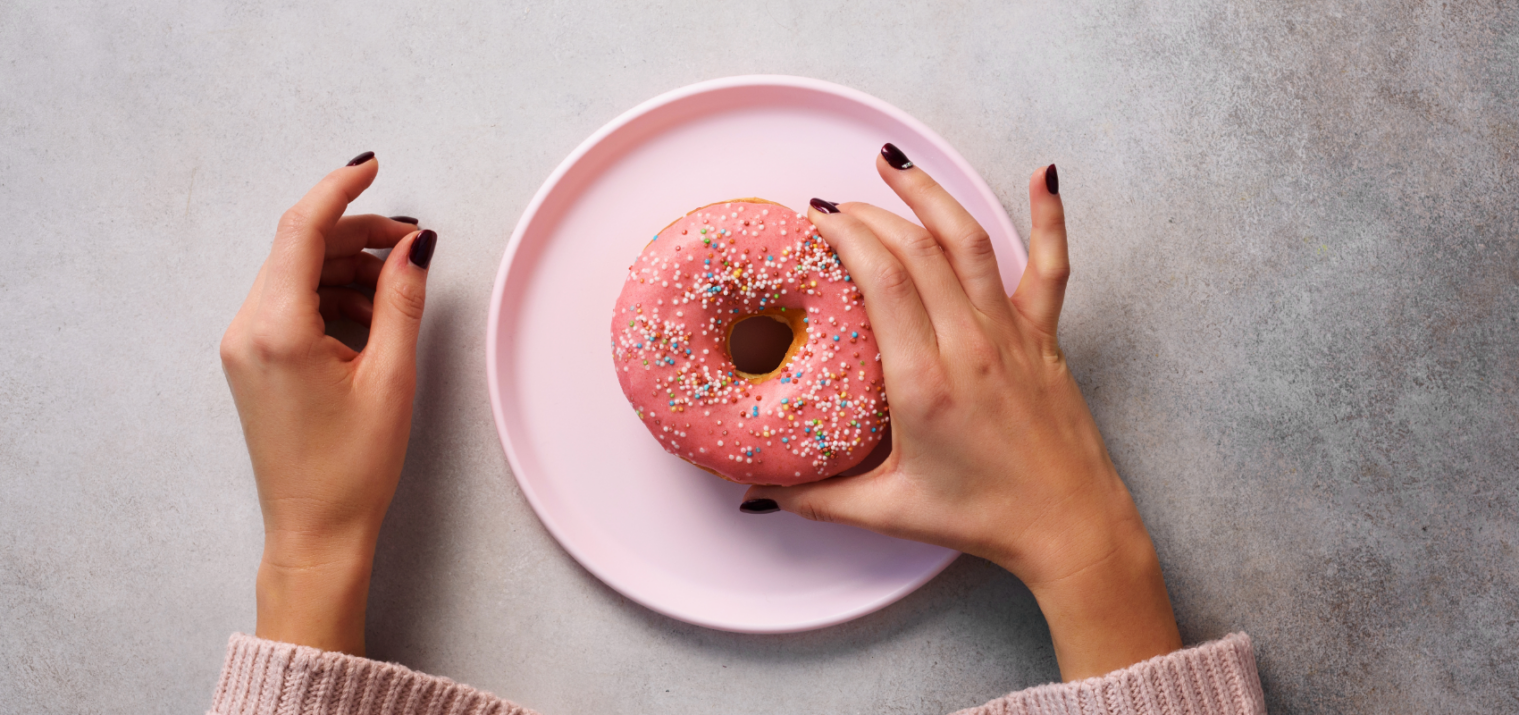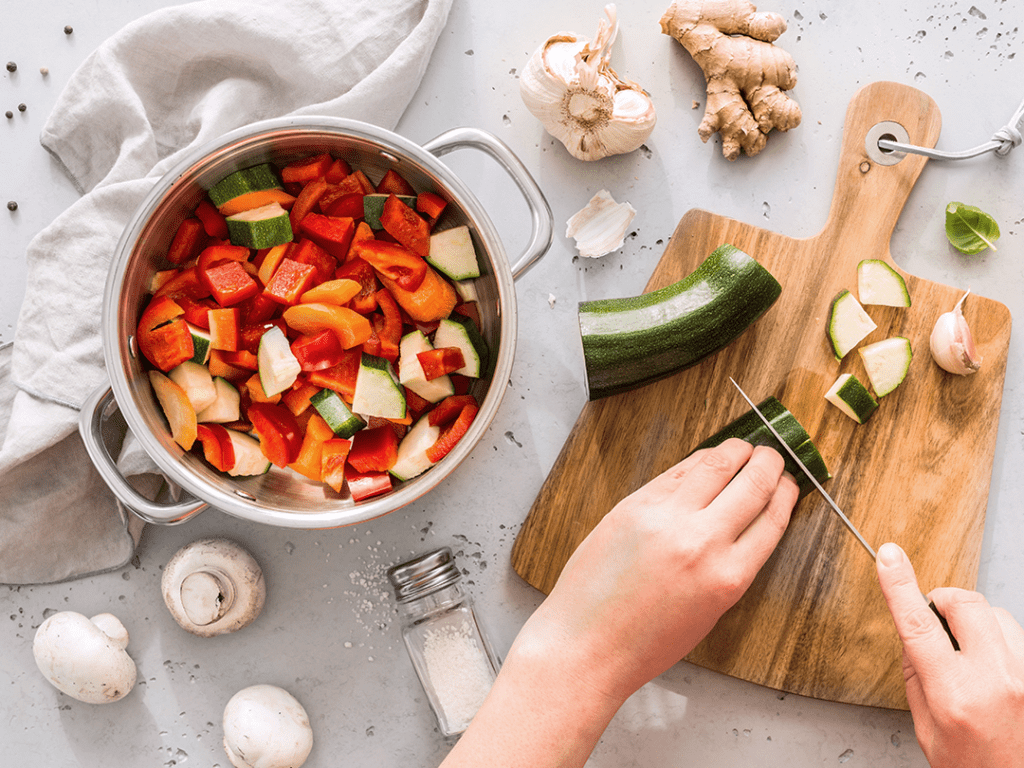
Your unhealthy relationship with food can have psychological roots
How often has eating “bad foods” has been a way to reward ourselves when we feel we have done something “good”? And how many times do we feel that we deserve it, because we have had a bad day, and we are sad or angry? This kind of mentality comes mostly from our childhood when food had not the only function of nutrition but was also often used as a “reward”. This could be the trigger for an unhealthy emotional relationship with eating in an adult age, as well as a vicious circle that makes us reach for an unhealthy diet to soothe our uncomfortable feelings.
It’s okay to indulge in tasty meals occasionally as long as most of your nourishment consists of a nutrient-dense, plant-based diet. It is most important to take consciousness on how a wrong intake can affect your body and why you should make healthier substitutions.
Junk food dependence works like drug addiction
Processed foods are mainly salt, sugar, fat, and preservatives, sending a message to your brain and affecting it similarly to how drugs affect it. Products that rapidly melt in your mouth signal to your brain that you’re not eating as much as you are. In other words, these foods tell your brain that you’re not full, and you need more of it, burdening your body to work very hard to metabolize junk food.
Sugar is notorious for releasing opioids and dopamine in the body. Dopamine is a neurotransmitter that’s responsible for the “rewarding” part of addictive behavior; it makes you feel that pleasurable “high” that addictive drugs may give you, making you want to repeat the behavior. An excess of sugary foods makes your brain release less natural dopamine, and crave for artificial dopamine to make up for the loss. Thus, it’s easy to lose control over food consumption.

Cravings are not hunger
Hunger is caused by your body sending signals for you to replenish energy and nutrients. Cravings, on the other side, can be caused by a variety of physical or mental factors, convincing you that you need to eat more than what a regular meal can offer, and they are not a sign that you’re lacking the nutrients found in that food you’re desiring. On the other hand, cravings may be a sign of hormonal imbalances, a suboptimal diet, high stress levels, lack of sleep, or physical activity.
Quitting can be almost inevitable
Sugary and salty snacks are cheap, easy to buy, and widely available. Food addiction is more socially acceptable than a drug or alcohol one, and this also makes junk food harder to avoid. It would be great to have the willpower to not buy it when in a store, but sometimes, you just can’t resist the temptation: at the end of the day, food is a necessity. Therefore, junk food is almost inevitable.
3 Useful tips to avoid eating junk food
1. Plan ahead
Try to plan out each week’s meals on Sunday, or the day before your work week starts. Make a list and buy only what you need. Then prepare large quantities of simple foods like brown rice, beans, stir-fried or roasted vegetables, and cold salads. Use food storage boxes, mason jars, or foil to pack up serving sizes that you can grab in the morning on your way out. Fruits like apples, bananas, and oranges travel well and can be kept on your desk, making them easy afternoon snacks.

2. Eat healthy fats and enough proteins
One of the most common nutrition legends is that fat makes you fat. Your body needs fat! Nevertheless, there are many types of fat. You should avoid trans fats and limit saturated fats, but heart-healthy fats like nuts and avocado will help you feel satisfied and reduce cravings.
Have a handful of mixed nuts as an afternoon snack, and don’t be afraid of using extra virgin olive oil as a condiment. Combining fresh guacamole or fatty fish like salmon to your salads is also a great way to include healthy, satiating fats in your diet. When you’re full, there’s less desire for more food.
3. Work on stress management
There’s almost always an emotional element behind cravings. Sure, you choose to eat some food because you like how it tastes, but you’re more likely to buy a burger with fries or a chocolate bar when you’re upset or stressed by something.
Try to explore how you may be eating (or drinking) as a way to stuff emotions, distract yourself, or procrastinate. When you feel the urge to reach for food instead of doing what needs to be done, or saying what needs to be said, practice redirecting yourself towards different activities:
- taking a walk or run
- yoga
- meditating for a few minutes
- concentrate on respiration
- talking to a trusted friend or colleague
- doing something creative like sketching or painting
- journaling

Experiment and find what works best for you. If your stress feels overwhelming, talk to your doctor or mental health expert. They can offer emotional support and advise other effective, healthy, non-food coping techniques.